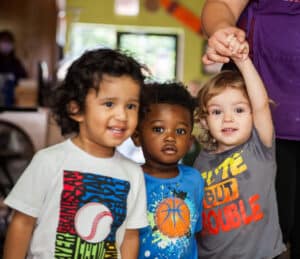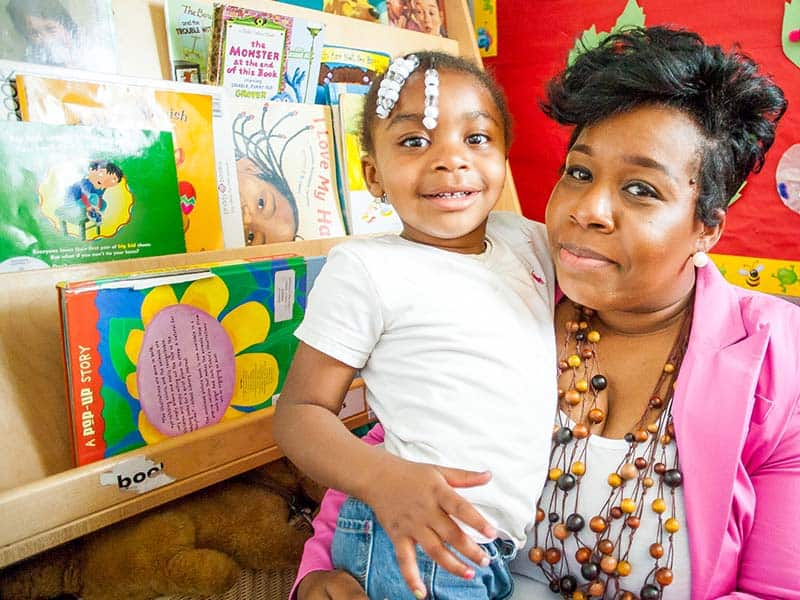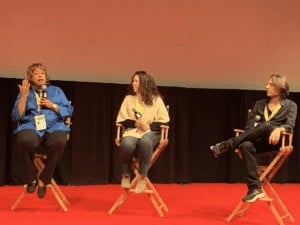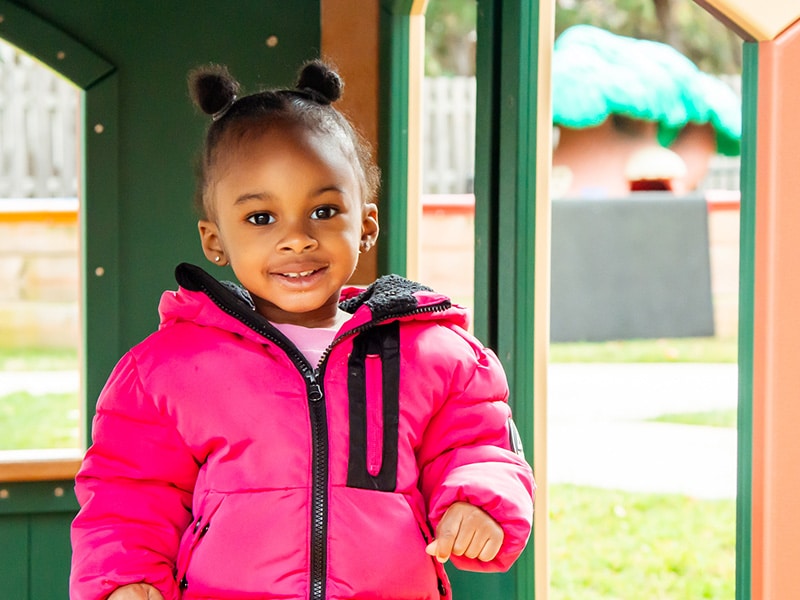Why is music so foundational to Black culture?
Kristie Norwood: Music is so important because it is a communication vehicle that goes past your ears and right into your soul. It provides strength, encouragement, celebration and joy. During the Civil Rights movement they sang songs to keep each other encouraged, remind themselves of what the goal was and keep fear down. When I think about some of the times in my life music has been the vehicle that really helped me stay in it long enough to get from point A to Point B.
Erice Evans: Music is a part of who we are. Music is how we coped and it’s the soundtrack of our lives. Church is a big thing in our culture and you would hear your grandparents or parents sing old gospel hymns around the house to lift them up during times of challenge or sorrow.
We are a very passionate people and music is how we express ourselves. Music is how we brought who we are to life and to the world.
Stuart Lassiter: Music is hope and joy. Go back historically and it was communication and freedom. Slaves sang songs in code to communicate where you should go, when you should leave and when you should stop if danger was around. Music was survival and freedom.
The contributions to all forms of music. The richness and experience of life that’s being shared when Black people share their music. Music spans the gambit of life from birth and being children to teenage and adult years. Blues, jazz, country, pop, hip hop and gospel. Black people have given such a worthy contribution to the world of music.
This year’s Black History Month theme is health and wellness. Why is it important for African Americans to prioritize health and wellness?
Erice Evans: The pandemic highlighted what we already knew. We were most affected when the pandemic hit because we don’t all have access to quality health care and that’s been across generations. We suffered a lot throughout COVID-19, we’ve been suffering, but the pandemic brought it to light so the world knows it too. It couldn’t be hidden anymore.
It’s time to address those deficiencies so that we can get the quality healthcare, education and opportunities – the jobs, pay and benefits – we deserve to help our communities.
We have to care about our physical, mental and emotional health and teach our children that from birth to age five to teenagers to adulthood. We didn’t have access to mental health care and within our community it was taboo to say I need a therapist. We’re used to being strong, but that strength doesn’t mean we have to carry the whole burden.
Stuart Lassiter: The mortality rates of Black people are among the highest in so many health categories: cancer, diabetes and infant mortality.
There are barriers to access to healthy food, healthcare and quality education so you can attain greater opportunities through your job to care and mental health. It’s all packaged together. If there’s something that’s deficient in your health and wellbeing it impacts other aspects of your health.
Erice Evans: We should be able to have it all. There are other communities that have it all and we shouldn’t have to pay astronomically to get it. Some communities if you want your child to have a good education you have to pay for it. That shouldn’t be the case.
Start Early is committed to quality education for children ages zero to five. Quality education should be available for all children. Like Stuart said if you’re deficient in one thing you’re deficient in it all and I think that’s one thing we have to address in our culture.
Kristie Norwood: We have to make our health and wellness a priority because if we don’t historically it’s been proven that nobody else will.
We can’t build a sick legacy. Our men and women are dying because of heart disease, cancers related to diet and stress and mental health issues leaving families behind. We need to be well so we can experience joy, exuberance, abundance and brilliance so we can keep giving that to our children.
So my hope is that health and wellness and particularly mental health becomes a legacy for us in the same way that our other traditions of church, food and celebrations.
 For over 40 years, Start Early has worked directly with families and children from before birth to entry into kindergarten. We provide doula and home visiting services and quality center-based care that ensures children are ready to reach their full potential in school and in life.
For over 40 years, Start Early has worked directly with families and children from before birth to entry into kindergarten. We provide doula and home visiting services and quality center-based care that ensures children are ready to reach their full potential in school and in life.
 Early childhood educators serve young children in their most critical developmental years and
Early childhood educators serve young children in their most critical developmental years and 



 The Saul Zaentz Charitable Foundation is deeply committed to creating standards of fairness and a level playing field for all children and families by supporting equal treatment through high quality early childhood learning and improving K-12 and college graduation rates. Founded in 1997, the Foundation is focused on opportunities that support educational advancement.
The Saul Zaentz Charitable Foundation is deeply committed to creating standards of fairness and a level playing field for all children and families by supporting equal treatment through high quality early childhood learning and improving K-12 and college graduation rates. Founded in 1997, the Foundation is focused on opportunities that support educational advancement.

